This is uncharted territory. None of us have had to figure out what life looks like in the midst of a worldwide pandemic. Anxiety is widespread - as we worry about the well being of our families and loved ones, our finances, our security, our sanity, and our world! So let us be gentle with ourselves and with each other. These are unprecedented times. Stressful times. There is much we have lost already and we don't know the full measure of the losses to come.
Students from wee-high to college-age are missing out on the power of in-person learning. Neighbors from all backgrounds, cultures and economics are missing out on the richness of community and the structures of support in their lives. Workers across so many industries are missing out on the crucial income they need to survive. Families are mourning the deaths of their loved ones. And those on the front lines— grocery clerks, social workers, health care workers and first responders, are missing the safety they once felt as they enter a war zone every day. There is much to grieve.
ALL THINGS HAVE THE ABILITY TO DRAW US INTO THE LOVE OF GOD
And yet as crazy as it sounds, all of this is the soil to grow in faith, hope and love.
Therefore, since we have been declared righteous by faith, we have peace with God through our Lord Jesus Christ. We have also obtained access through him by faith into this grace in which we stand, and we rejoice in the hope of the glory of God. And not only that, but we also rejoice in our afflictions, because we know that affliction produces endurance, endurance produces proven character, and proven character produces hope. This hope will not disappoint us, because God’s love has been poured out in our hearts through the Holy Spirit who was given to us. [Romans 5:1-5]
God's love remains true. Suffering, affliction and persecution are not new to the world or to Christians historically — and yet nothing, nothing can separate us from the love of God.
Who can separate us from the love of Christ? Can affliction or distress or persecution or famine or nakedness or danger or sword? ...No, in all these things we are more than conquerors through him who loved us. For I am persuaded that neither death nor life, nor angels nor rulers, nor things present nor things to come, nor powers, nor height nor depth, nor any other created thing will be able to separate us from the love of God that is in Christ Jesus our Lord. [Romans 8:35-39]
Perfect love casts out fear. And so even in times of global pandemic, we can be conquerors of anxiety, greed, fear and loneliness. St. Ignatius' first principle states that “all the things in this world are . . . presented to us so that we can know God more easily and make a return of love more readily.” And so over the course of the next few weeks, we will be exploring what it means to find God in all things - here and now, in the midst of our own fears, worries and constraints. How can we move through what feels like a loss of freedom to find the expansiveness of interior freedom that comes as we grow in love and childlike trust with our Creator who knows us intimately, Christ who understands our suffering, and Spirit who is closer than our very breath.
JOINING IN GOD'S WORK OF LOVE IN OUR NEIGHBORHOOD
God loves and invites us to love God in return. Secondly, God loves and invites us to love our neighbors. We are invited to join with God in this work of love that is transforming and healing the world. And in a time of widespread anxiety and economic uncertainty, the call to love our neighbor is crucial, especially for the most vulnerable. As the COVID-19 pandemic affects the ways in which we gather as a church, it doesn't change the fact that we are the church. And we are perfectly poised to be the church in our neighborhood.
"The questions each member of a local church needs to ask are "How can our participation in a particular gathering grow our capacity to be a living expression of the church together in everyday life? How can it really help us to become a tangible witness of Christ's love, and to participate together in what God is doing in the place we live?" -The New Parish
I believe we have been faithfully asking this question and that we are called for such a time as this. I urge you to reach out to your neighbors in this time, especially those who may be sick, elderly, or disabled. I have seen so many great examples of how neighbors are offering to check in on one another and offering to run errands or get groceries for those who are quarantined: See Neighborhood Pods, Neighborhood Flyers, and Curing Our Moral Virus of Loneliness.
Today I conspired with Lynn Newcombe, the Director of Turning Point, our nonprofit that provides free tutoring to students who qualify for free and reduced lunches in the Shoreline School District. With the need for spatial distancing, our tutoring program has closed with the closure of school. However, our community and love for one another has not stopped. In fact, we are putting together a plan to continue to support our families who will be hard hit by this pandemic. Chromebooks, good fiction, and board games are being shared and given. Tutors are being recruited to offer remote assistance. And grocery gift cards will be given out to families now who are struggling to survive! And because of our relational equity over the years, we are able to uniquely bring our neighbors together! And each one of you can join in this work of love in the neighborhood! You can give here toward grocery cards for neighbors in need. (Just select -Lenten Generosity for Neighbors in Need-)
“In love, one always wants to give to the other what one has.” - St. Ignatius.
So what is our invitation to love? What does love compel us to do or to be? How do we show our love for God, for ourselves, for others, and for our neighborhoods?
SPATIAL DISTANCING, NOT SOCIAL DISTANCING
I'm not a fan of the trending phrase, social distancing - as if we are not already isolated, fragmented and lonely! Instead, I am using the term spatial distancing for we absolutely cannot afford to go it alone. And while love may dictate that we keep some spatial distance during this time, I encourage you to make sure you connect, check in, and care for one another!
Last week, we ended up making the decision to move our weekly in-person gathering online and we will continue to meet virtually through the end of March or as needed. It was really heart-warming to see everyone's faces and it was good to connect with one another in these challenging times. So I encourage you to join us this Sunday at 5pm for a Zoom Call. And we will explore these questions. How do we lean into the interior freedom of love and trust in these times? And what is the invitation to love our neighbor in really practical ways? How do we find Love in all things?
by Jessica Ketola


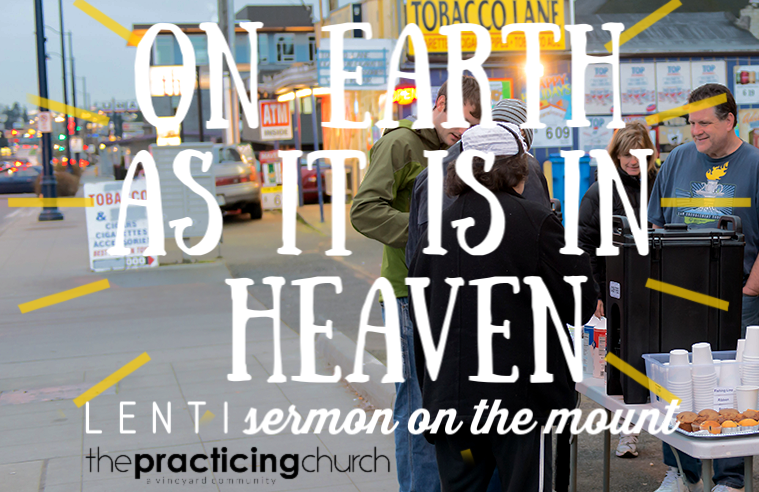
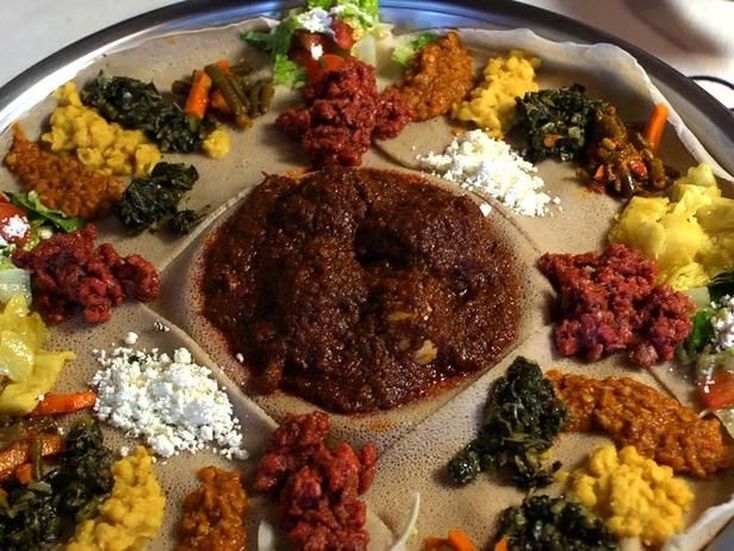




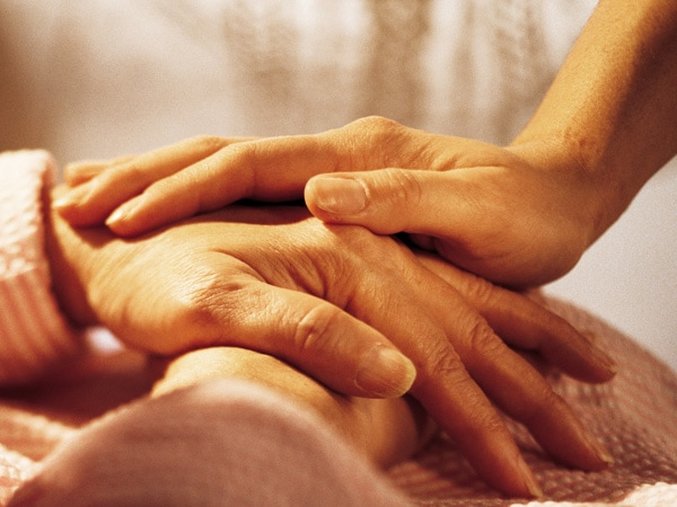
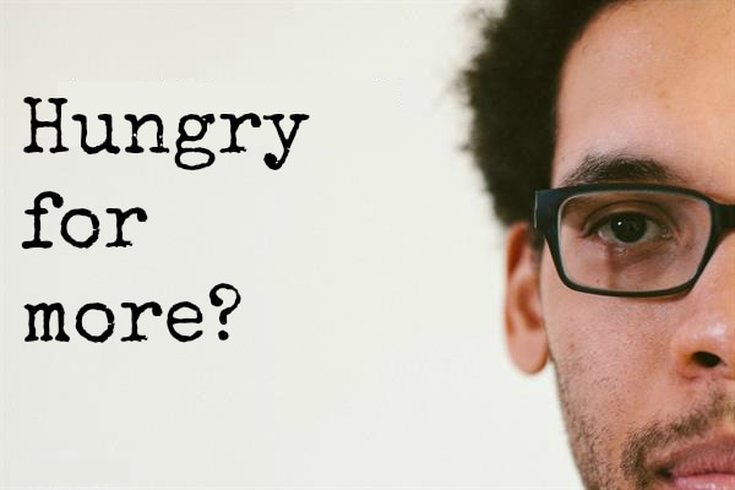

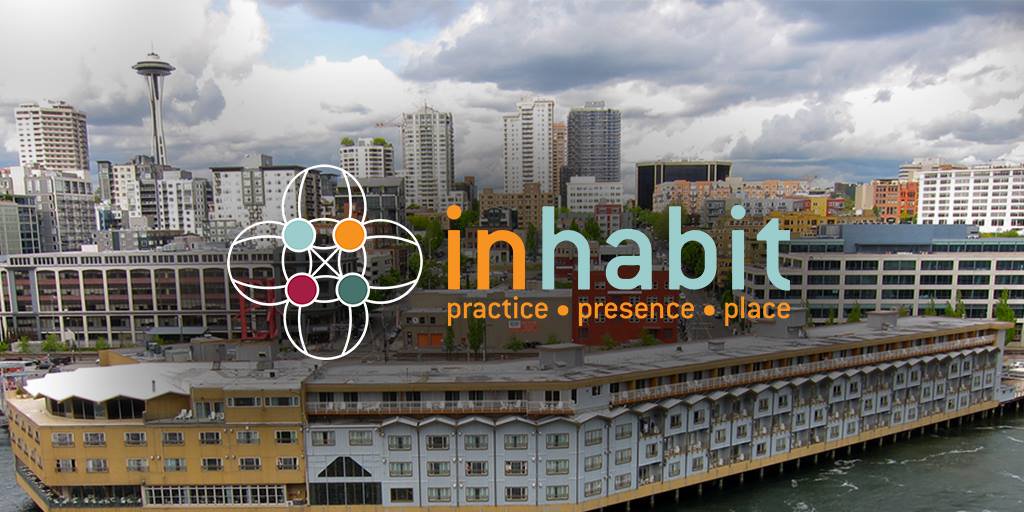

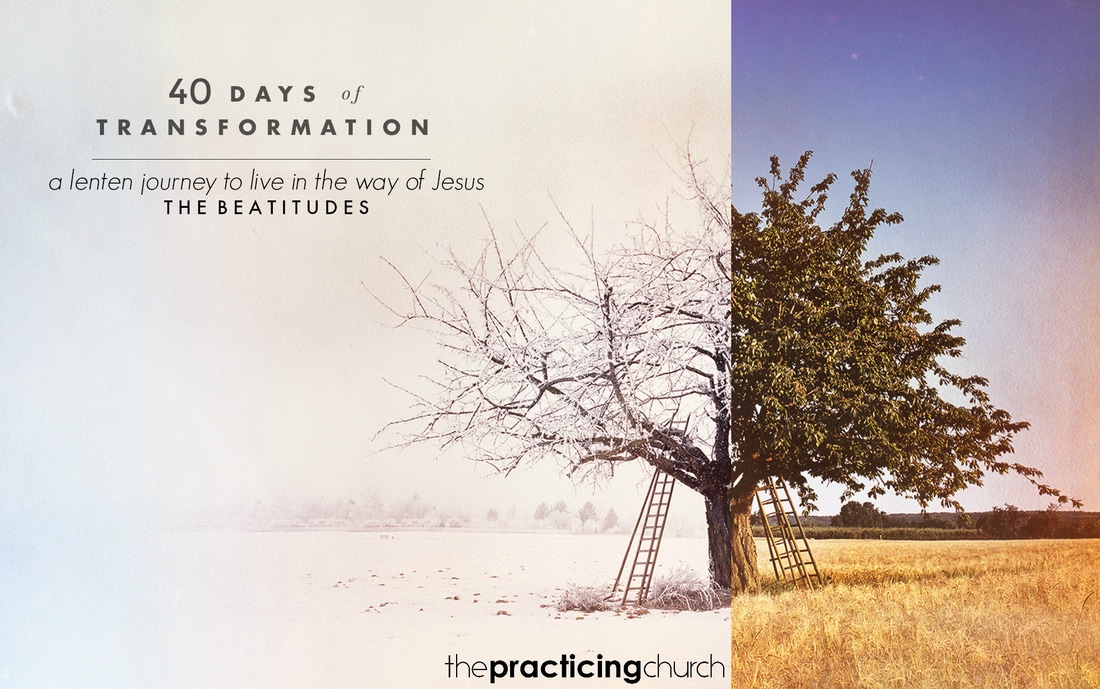
 RSS Feed
RSS Feed
